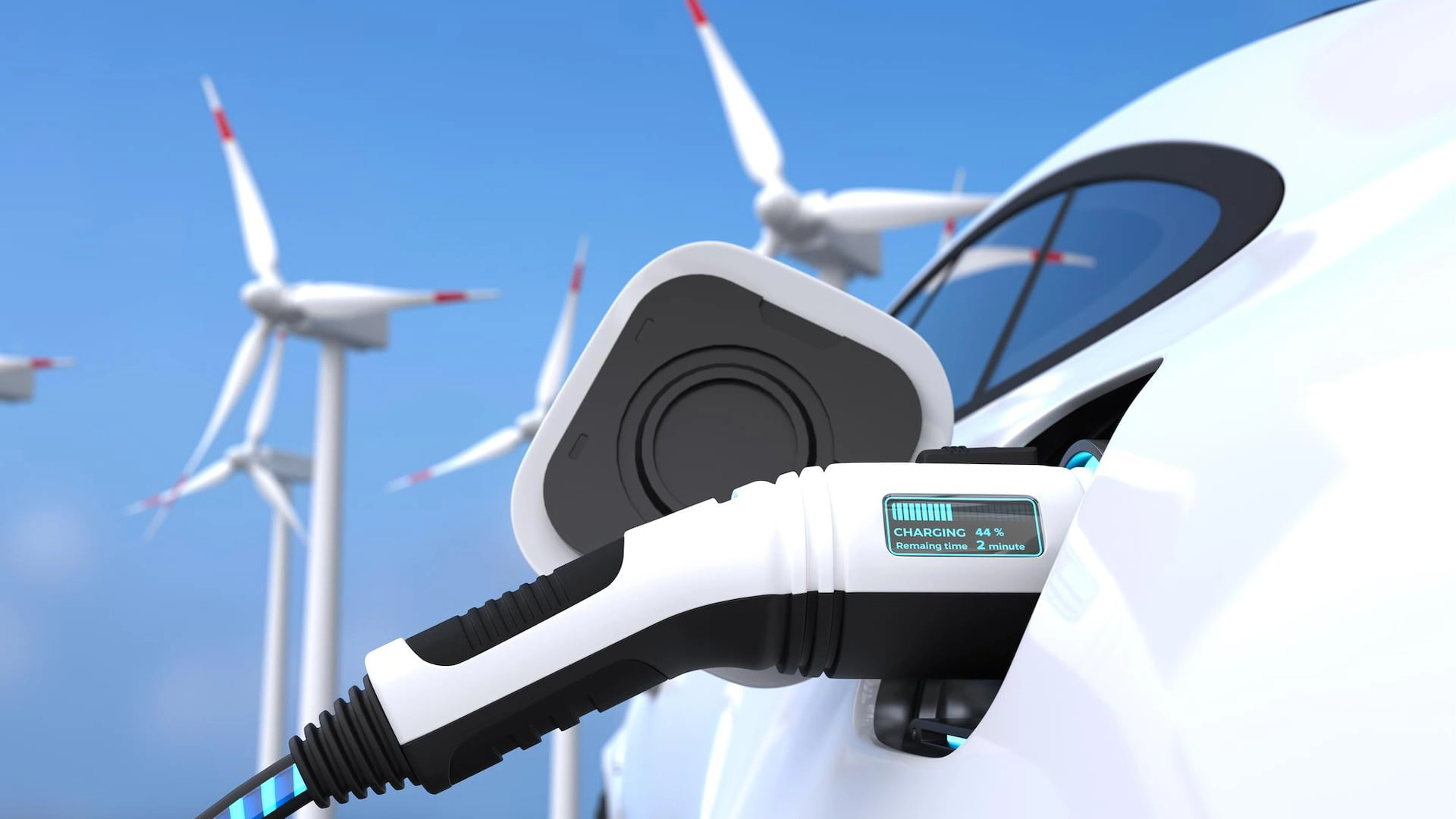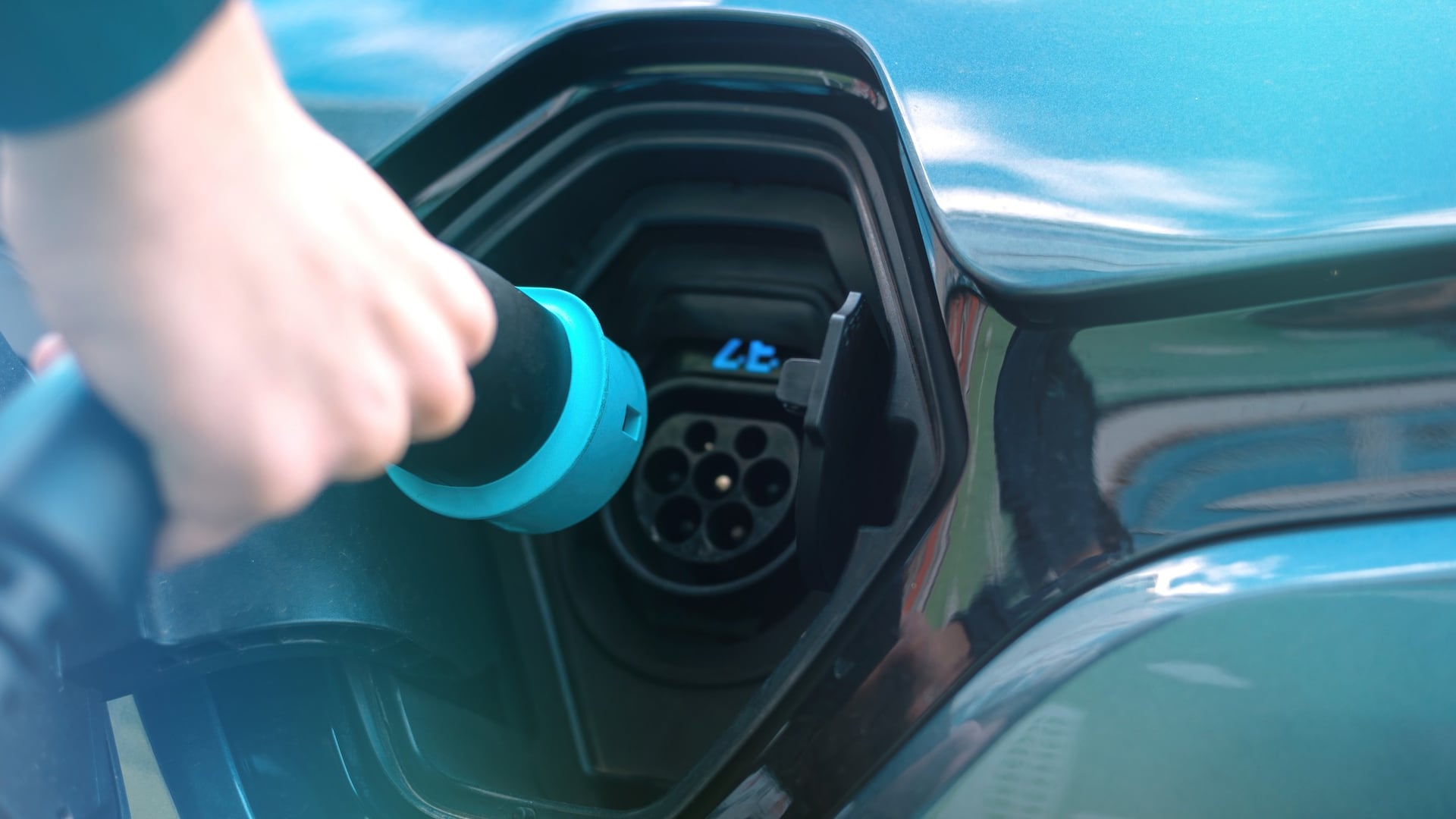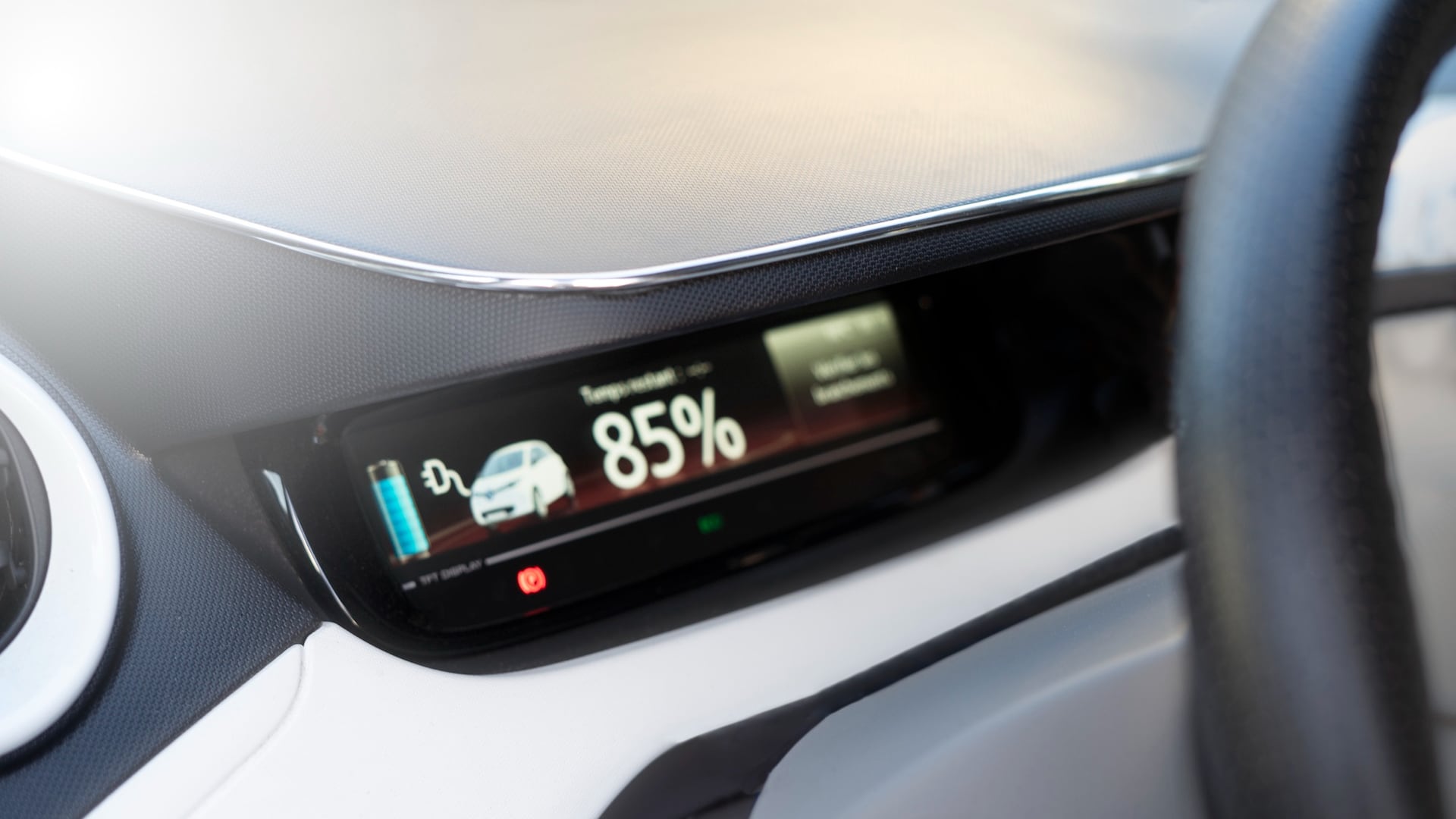
What are the advantages and disadvantages of electric cars? Should you consider switching to electric vehicles, or should you wait until the technology is more advanced?
In this review, we summarize the advantages and disadvantages of electric driving, what you should know about the technology behind it, and how it works.
Electric cars have begun to conquer the roads, and as gasoline and diesel-powered cars are gradually phased out, this trend becomes even more pronounced. It is not limited to cars only, as more and more electric vehicles are available,
- from personal cars to scooters,
- bicycles, and lately,
- trucks and boats are also being made with this modern technology.
Although the transition is important and necessary, it can hardly be considered simple or fast, which is a big problem because the Earth increasingly needs to abandon the burning of fossil fuels and use renewable energy sources to a greater extent.
Here is everything you need to know about electric cars' history, operation, advantages, and disadvantages.
The brief history of electric vehicles (EVs)
Many people think that electric cars were invented in the 21st century but, in reality, this is not the case. The technology is approximately as old as internal combustion engines, but since the latter had lower prices, higher top speeds, and longer ranges, they became widespread worldwide.
Electric vehicles only started to conquer the market when hybrid cars appeared, which were able to take advantage of the benefits of electricity in a more sustainable manner, but even so, they still needed to rely on fossil fuels. This is referred to in the hybrid name.
The first electric car
The first electric cars appeared towards the end of the 1800s, and clear proof of this is that the speed record was held by an electric vehicle until 1900.
Interestingly, today's electric cars achieve the highest efficiency, which means that they are much quicker than similar gasoline or diesel vehicles, especially when it comes to acceleration.

10 advantages of electric cars
Lower operating costs
Electric cars typically have lower operating costs compared to gasoline cars due to lower fuel costs, reduced maintenance costs, and higher energy efficiency.
Cleaner energy source
Electric cars run on electricity, which is a cleaner energy source compared to gasoline, reducing greenhouse gas emissions and other pollutants.
Improved driving experience
Electric cars offer a smoother and quieter driving experience, which many drivers find preferable to traditional gasoline cars.
Lower dependence on oil
Electric cars reduce the reliance on oil, making nations less dependent on volatile foreign oil markets.
Improved air quality
By reducing greenhouse gas emissions and other pollutants, electric cars contribute to improving air quality in cities and reducing health problems associated with air pollution.
Better acceleration
Electric cars have instant torque, which results in better acceleration compared to gasoline cars.
Quieter driving
Electric cars produce less noise compared to gasoline cars, making for a quieter driving experience.
Government incentives
Many governments offer incentives for electric car ownership, such as tax credits, grants, and charging infrastructure subsidies.
Reduced carbon footprint
By using clean electricity, electric cars have a much lower carbon footprint compared to gasoline cars, reducing their impact on the environment.
Advancements in battery technology
The continuous advancements in battery technology are making electric cars more affordable and longer-range, making them a more viable option for everyday use.

10 disadvantages of electric cars
Limited range
Electric cars typically have a limited driving range before requiring a recharge, which can be a disadvantage for long-distance trips.
High upfront cost
Although electric cars have lower fuel costs in the long run, their upfront purchase price can be significantly higher than traditional gasoline-powered vehicles.
Recharge time
Recharging an electric car can take a long time, sometimes several hours, depending on the charging infrastructure and battery capacity.
Charging infrastructure
The limited availability of charging infrastructure in many areas makes it challenging to recharge an electric car while on the go.
Battery degradation
The battery in an electric car degrades over time, which can reduce the driving range and overall performance.
Limited model options
Currently, there are fewer electric car models available compared to traditional gasoline-powered vehicles, which can limit consumer choice.
Weight and size limitations
Due to the large battery pack, electric cars can be heavy and bulky, which can negatively impact performance and handling.
High dependence on electricity
Electric cars are highly dependent on electricity, which can make them vulnerable to power outages and fluctuations in energy prices.
Cold weather performance
Cold weather can significantly reduce the driving range of electric cars, making them less practical for use in colder climates.
Resale value
Currently, electric cars have lower resale values compared to traditional gasoline-powered vehicles, which can be a concern for consumers.
Conclusion: the pros and cons of electric cars in the EU
The electric car market in the European Union has been growing in recent years, driven by the increasing demand for more sustainable and environmentally friendly vehicles.
The EU has set ambitious goals to reduce emissions from the transportation sector and to shift towards renewable energy sources.
To achieve these goals, the EU has implemented several measures, including financial incentives for electric car buyers, the deployment of charging infrastructure, and regulations to increase the share of electric vehicles on the market.
Also, several EU member states have set targets to promote the uptake of electric cars, such as Norway and the Netherlands. The EU is also working on harmonizing regulations and standards across the region to ensure seamless cross-border travel for electric vehicle owners.
Overall, the electric car market in the EU is expected to continue its growth in the coming years, driven by declining prices, improved technology, and increased awareness of the benefits of electric mobility.
